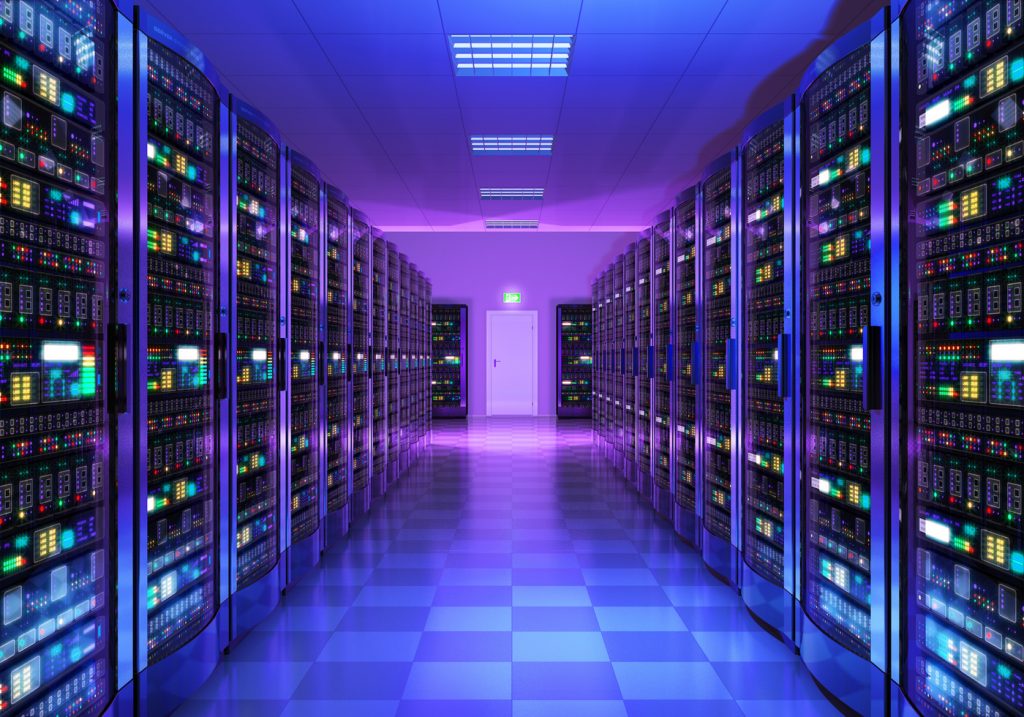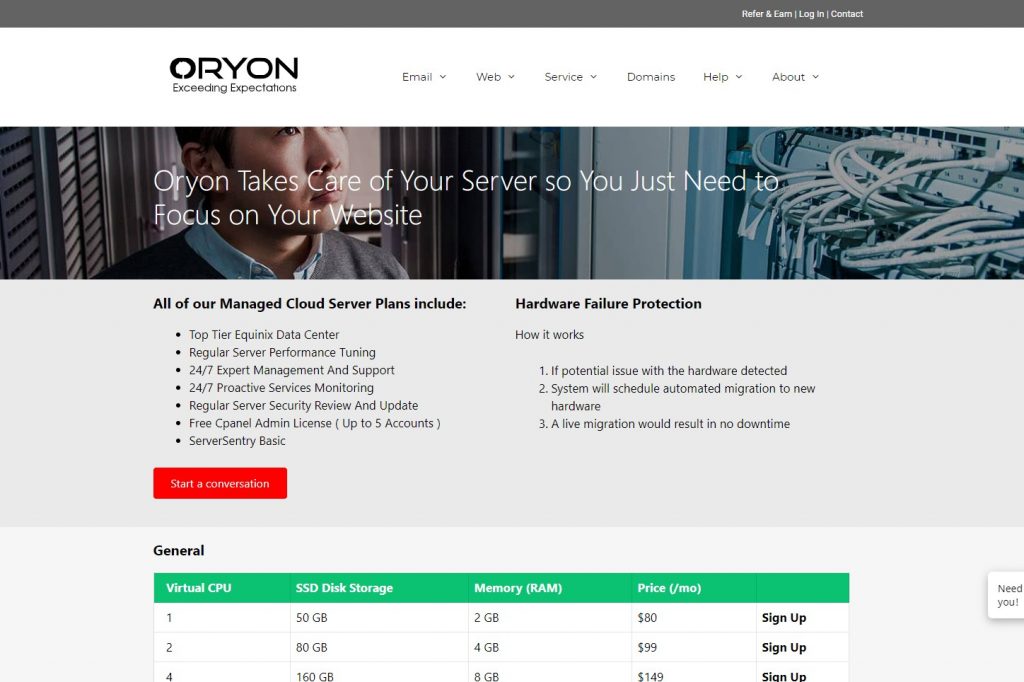Most organizations use servers. Why? A server is essentially a shared computer where everyone in your association can access shared data and resources. Basic uses extend from email to web hosting to a central location for files everyone uses to do their responsibilities. They’re so much a piece of the modern business landscape that it’s difficult to imagine working without them.

As your business develops, so must your system infrastructure grow. If your IT infrastructure is not staying aware of your needs, maybe it’s a great opportunity to upgrade your servers or virtualize a current one. Servers are highly configurable and customizable. Here are 6 factors to consider when shopping for a new server.
1. Your needs
Servers are not a one-size-fits-all item. Technically, you can purchase a fundamental server unit like a pinnacle PC and use it for a variety of tasks, yet your workload will direct what kind of server will be best for your necessities. Attempt to get an idea of the requests you will be put on your server, this way you won’t overpay with something greater than what you need. For example, in case you’re simply going to utilize your server to host a single business application, then a light server will work extraordinary and may cost you under $500. If you have increasingly exceptional remaining tasks at hand, like hosting a highly-trafficked website, then you will want to go with a better quality server.
2. Buy or Lease
Would you like to purchase a server outright or lease it? There are numerous flexible, pricing models available on market so guarantee you get the flexibility and billing options that suit your business necessities.
3. Server Lifecycle
Your server can keep going for as long as you want to keep the hardware. End of Service Life (EOSL) will not be a worry as Park Place Technologies is able to support for server gear as long as you wish to keep your server.
4. Storage
Servers vary widely in terms of accessible internal storage. Although majority of the servers available allow for the utilization of two internal hard drives, there are major exceptions. A few servers don’t include any interior storage and may boot from a SAN instead. On the other hand, some of the bigger structure factor servers include support for large internal storage clusters.
Blade servers regularly support only two internal drives, but storage can be extended through a storage module, expecting that there is adequate room in the suspension.
5. Security
Cybersecurity is a major issue for all organizations, including SMBs. You can’t afford to store all your information in one spot and then leave that area open to attack. So you need to think about to your server’s security abilities.
In case you’re moving with a cloud server, simply be certain you pose a lot of inquiries about what level of security you can expect from the provider. If you’re picking an on-site server, we strongly recommend working with a cybersecurity expert to make sure everything from physical security to programming based protection is top-notch.
6. Server maintenance
Technical assistance must be accessible at whenever server issues (for example, server crashes) emerge. It is strongly recommended to put your trust in the organization that offers fast and 24/7 technical support. Talk to them before picking your server and make sure they support the server brand you’re picking.
Last but not least, experience and skill in server management is also something you should investigate while considering a server hosting provider.
On a side note, Oryon has 16 years of strong involvement in server management. If you would like to get some consultation on getting a server or would like to know how Oryon can help you on your online business, visit our page and click on our live chat to talk to us.
Hope you find this blog post useful.
